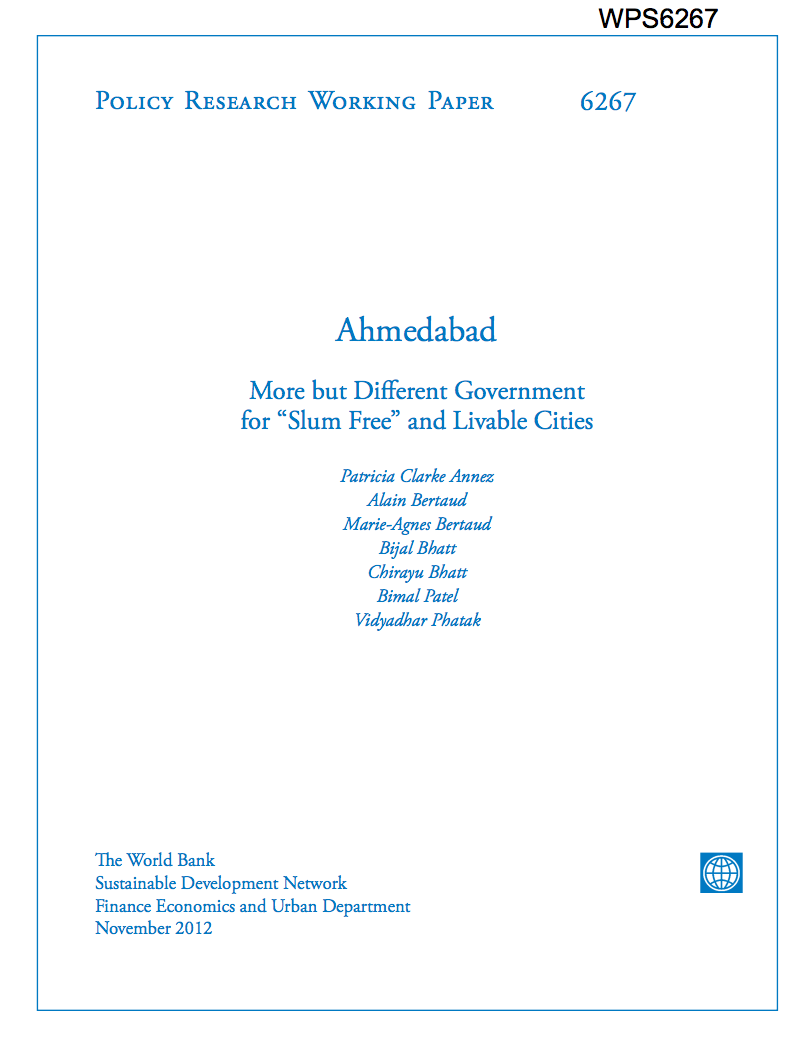Land Delivery Systems in West African Cities : The Example of Bamako, Mali
Urban and peri-urban land markets in rapidly expanding West African cities operate within and across different coexisting tenure regimes and involve complex procedures to obtain or make land available for housing. Because a structured framework lacks for the analysis of such systems, this book proposes a systemic approach and applies it to Bamako and its surrounding areas.


